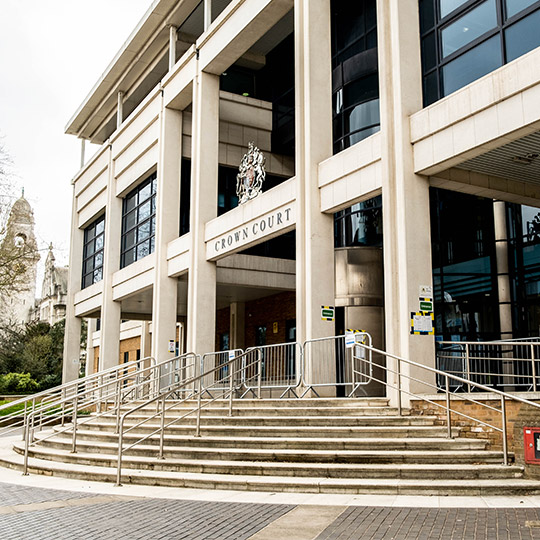
We represented a vulnerable young person who had been charged with six offences of possession with intent to supply class A drugs and four offences of being concerned in the supply of class A drugs arising from three separate matters. It was the Crown’s case that our client had been operating a ‘county line’ drugs line between London and Surrey. Our client was only 16 & 17 at the time of the alleged offences. In light of the circumstances of our client’s arrests, we had real concerns that our client was a victim of child criminal exploitation.
Following our client’s first arrest, we invited the police to refer our client to the National Referral Mechanism in light of our concerns that our client was being criminally exploited. The police refused. We therefore approached an independent first responder who agreed to complete the referral and, within five days, we received a positive reasonable grounds decision from the Competent Authority.
In light of the seriousness and number of offences, the Youth Court considered sending our client’s case to the Crown Court for trial. However following legal argument, the Court was persuaded to sever our client’s case from that of their adult co-defendant, and retain jurisdiction, meaning that our client’s case was listed for trial in the Youth Court; the proper trial venue for any young person. We also applied for, and were granted, a certificate for assigned counsel which meant that our client had the benefit of both a solicitor and specialist advocate; the same protections that they would have if they were an adult being sent to the Crown Court. Whilst our client was initially on bail, the Court remanded our client into Youth Detention Accommodation after they were charged for their second set of proceedings. Undeterred, we made four bail applications on our client’s behalf, including an appeal to the Crown Court. Despite the lack of support from the Youth Offending Service, our client was granted bail to their home address with stringent conditions.
We obtained extensive third party material which confirmed that we were not alone in our concerns that our client was a victim of child criminal exploitation. The same concerns had been raised repeatedly by a number of agencies, including the police themselves, for a number of years. From that material, we were also able to obtain evidence that all of the key risk factors and indicators of child criminal exploitation were present in our client’s case. The Crown relied on telephone evidence in an attempt to suggest that our client played a leading role in the operation of the drug line. However, within the Crown’s evidence itself, we were able to identify material which supported our concerns. We made disclosure requests to the Crown for material that supported our client’s case and we instructed Dr Alison Conning, a child psychologist, who made clear just how vulnerable our client was. We also instructed Dr Grace Robinson, an expert in child criminal exploitation who confirmed that in her expert opinion, it was likely that our client was a victim of child criminal exploitation.
The Competent Authority subsequently reached a positive conclusive grounds decision and on the basis of the independent material that we had gathered, we made lengthy written representations in which we argued that the Crown should discontinue the proceedings in accordance with their own guidance. After considering our representations, the Crown discontinued all matters.
Our client was represented throughout the proceedings by Sabrina Neves, a solicitor in the specialist Youth Justice Team.